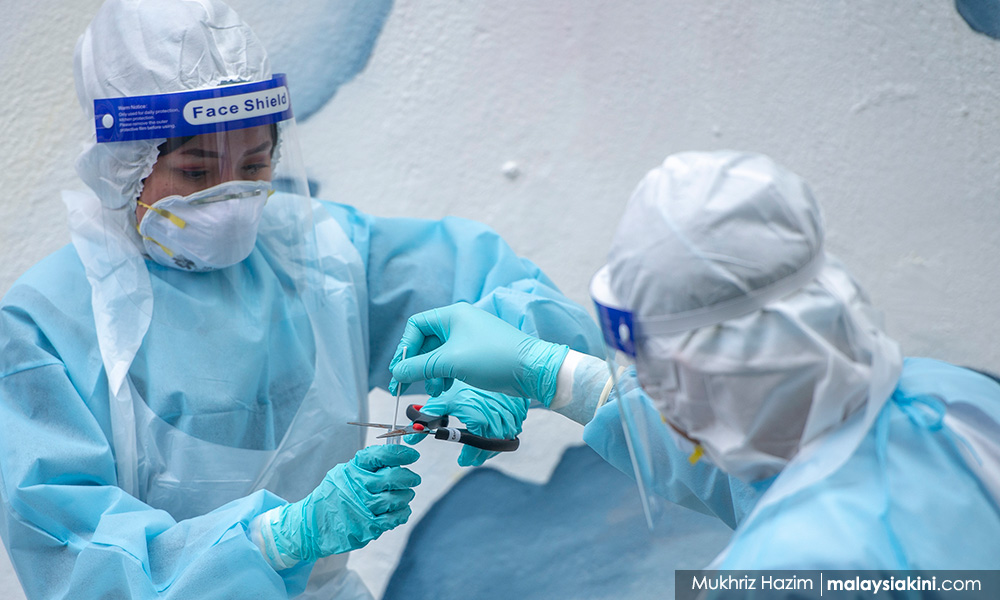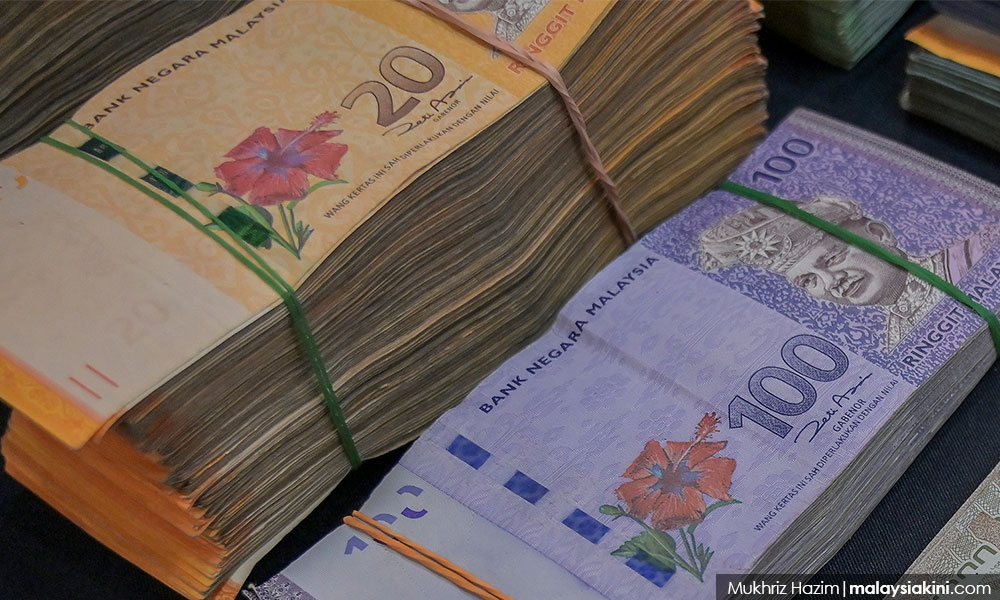MP SPEAKS | The world has now recorded a total of nearly 72 million cases, 1.61 million deaths and 47 million people have recovered. On a country basis, the US has recorded the highest number of infections, at 16.2 million cases and with 298,000 deaths.
In contrast, the earlier epicentre of the pandemic, Wuhan in particular and China in general, have done exceedingly well.
There is no more a pandemic there, with life and the economy returning to normal.
What lessons can we learn so far on a global basis?
I believe that the secret of China’s success in overcoming the pandemic, is not just the large financial, advanced technological and medicinal resources that they have at their disposal but their belief and practice on the Asian value of collective responsibility and discipline, that the interest of the community or society at large must always come first before the individual.
In this respect, I would like to congratulate China on their fantastic success.
In the US, on the other hand, the concept of personal freedom for many people there can be rather extreme, to the point that the entire community would have to suffer because of individual freedom.
Classic examples are their refusal to undertake social distancing and wear a face mask in crowded public places, which many experts have attributed to the very high number of infections and deaths there.
Malaysia, as of Dec 13, 2020, has recorded a total of 83,475 cases, 415 deaths and with 69,393 people recovered.
We have not done too badly ourselves. Again, I would like to commend our front liners in healthcare services and enforcement of control measures, including the movement control orders (MCOs).
The recent surge in infection has been mostly attributed to the lack of preparations and control measures linked to the Sabah state election on Sept 26 and from foreign workers and undocumented migrants.

The curve appears to be flattening, but we should be alert and prepared for future waves.
My current concerns are in four areas:
Firstly, any type of MCO should be more targeted in specific areas, and other areas which are not affected should be left out. This is to minimise the disruption to economic activities.
Boosting our economy should be given greater priority from now on.
Secondly, we should do much more to assist our poorer and more vulnerable Rakyat, who are facing severe hardship, many of them with no jobs and having a hard time to feed their families.
We must do whatever it takes to ensure that no one goes hungry, even for a day.
Hunger, if it happens, would be the greatest sin of our society and the government has the responsibility to ensure that it must not happen.
Thirdly, the government must be extra careful in the procurement of any safe and effective vaccines which must also be suitable for our hot and tropical climate.
My main concern here is on the Pfizer mRNA vaccine, which uses new technology and must be stored at around -70 degrees Celsius. It is being used on humans now for the first time (in the UK so far) with its clinical trials done in a very rushed manner.
A vaccine, unlike normal medicine, is given to healthy people, including children.
Therefore, longer-term safety aspects must be properly addressed.
I have also been told that we do not have enough specialised storage facilities, complex logistics capability, IT and monitoring infrastructure and specially trained healthcare personnel to undertake the mass vaccination of the Pfizer vaccine on 6.4 million people nationwide.
I strongly urge the government to reconsider this Pfizer deal.
Fourthly, many schools and universities have been closed, and the statistics on this matter seem to be lacking.
I am very concerned that the teachers who have been asked to do online teaching may not have been properly trained to do so. There are also many rural areas that do not have internet access, and there is a compelling reason now for the government to do more to bridge the digital divide.
Combating corruption
It has been generally perceived that corruption takes place mainly in the government sector due to greedy and dishonest people who are in positions of power and influence to award contracts and make other deals.
Many government politicians and civil servants complain that they are often perceived as the only targets of corrupt practices, which is unfair. What about corruption in the private sector?

Yes, the agencies concerned should give greater attention to combating corruption in the private sector. But the difficulty, which may be even worse in the private sector, is getting the documentary and other evidence needed to charge anyone.
The nature of our legal system, which is mostly derived from the Western world, is that the onus is on the agency concerned to secure hard evidence to prove corruption before anyone can be charged.
I would like the public to understand the difficulties that our agencies face in charging people for corruption. The cooperation of those in the know in the private sector to come forward to report and provide evidence is essential for the success of any case to be prosecuted.
We should also find more creative but legitimate ways, perhaps using existing laws, or crafting new ones if necessary, to prevent and deter corruption by improving the chances of success on the prosecution of corruption cases.
Another area of my great concern is the need to have guidelines and to implement rules regarding donations to political parties, NGOs and media from local and foreign entities to prevent political corruption and the sovereignty of our country being compromised.
Whatever we do, we must be seen to be fair and just and the agencies concerned must act independently, without fear or favour.
TENGKU RAZALEIGH HAMZAH is MP for Gua Musang. - Mkini
The views expressed here are those of the author/contributor and do not necessarily represent the views of MMKtT.



No comments:
Post a Comment
Note: Only a member of this blog may post a comment.